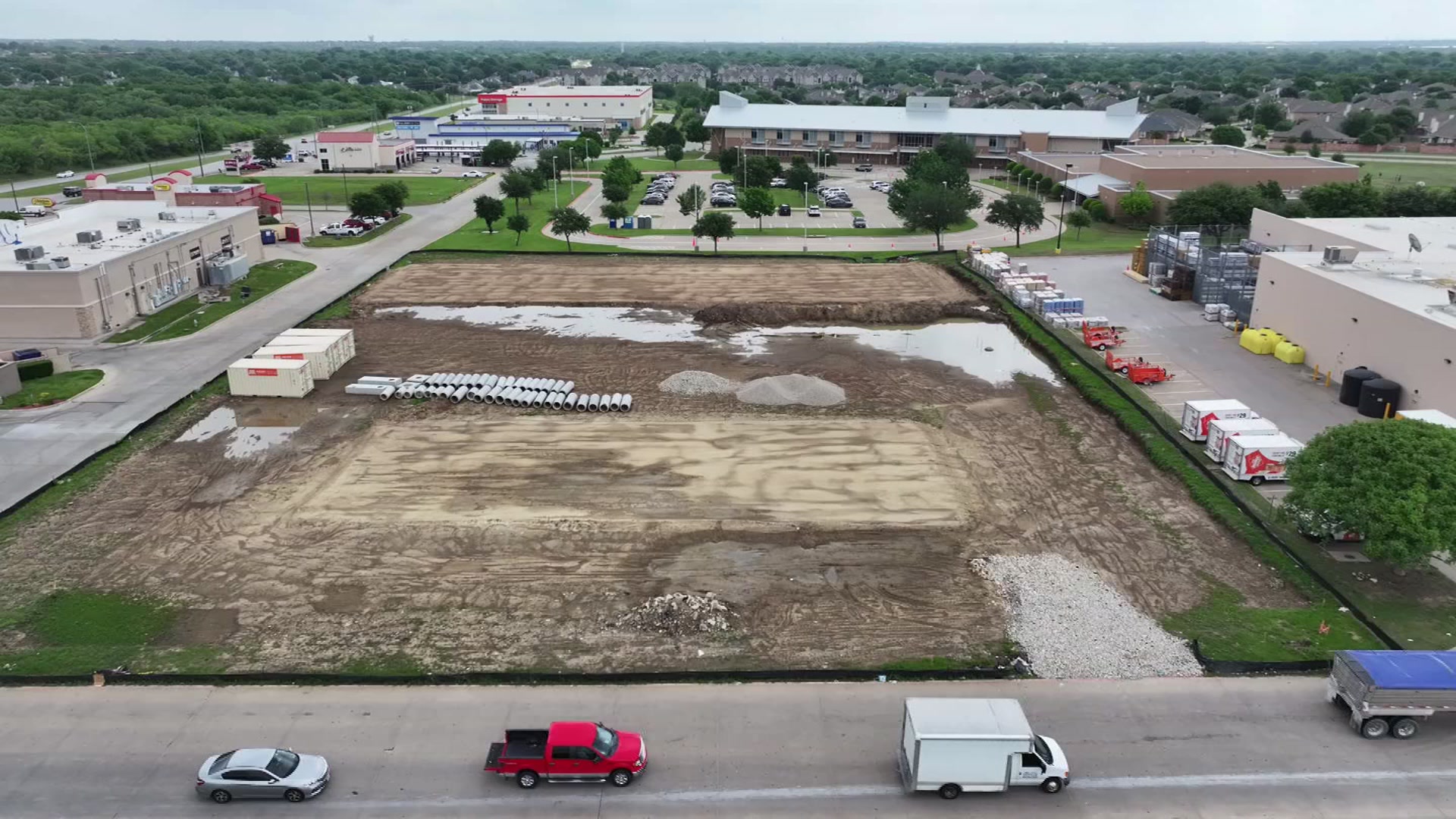After the pandemic forced a lot of people to work from home, research shows the vast majority who made the switch hope to continue doing so in the future, at least part of the time.
In a survey conducted by commercial real estate firm JLL in November, half of employees said they'd support a hybrid model that involves working from home two days a week on average.
At Farmers Branch based Utility Concierge, CEO and founder Gabe Abshire said about 90% of his 100 or so employees are currently working remotely.
Like a lot of companies, it’s a decision they made back in March that was executed in just a few day's time.
"Thankfully our team hit the ground running,” said Abshire.
And though he said it’s been a challenge to maintain the company culture that matters so much, most have been thriving.
“People were just a lot more happy at home. They just were able to spend time at home with their family. They were understanding what that work-life balance was,” said Abshire.
Local
The latest news from around North Texas.
He was also happy to learn that even in the absence of the structure an office provides, his employees are more productive.
“If they can hit their daily number by noon or whenever that is, then hey, ‘I've got the rest of the day for myself.’ But what we really found is they'd hit that number, and they'd see that they had more time, and they'd go after bigger numbers and bigger goals,” said Abshire.
For Abshire, it was enough proof to move forward with his first hires outside of DFW, employees who will always work remotely.
It’s also consistent with several recent surveys, including one from Harvard which found call center employees at a Fortune 500 retailer increased their productivity by up to 10% when work shifted home.
"It's just clearly a much better way of doing business,” said Dallas trial attorney Rogge Dunn.
Dunn said he believes there’s no substitute for some face to face interactions.
Still his firm, the Rogge Dunn Group, has had so much success with virtual hearings, Dunn invested almost $20,000 on a Zoom Room complete with HD cameras, lights and broadcast-quality microphones.
He believes moving forward, some clients will prefer the ease of virtual meetings.
"They say, ‘I can save the time and not fight downtown traffic. I don't have to worry about getting up and packing up and coming down to your office with the technology that's available’,” said Dunn.
A recent survey from Enterprise Technology Research found the number of remote workers could double from where it was pre-pandemic.
Still, it’s unlikely offices will sit empty as the vast majority of employers are expected to shift to a hybrid model, giving people the option to split time between the office and home.
"My opinion and thought was this is going to be something that employees demand,” said Abshire.
Following in the footsteps of several larger companies like Twitter that have announced plans to provide more flexibility indefinitely, Abshire plans to let employees decide what works best for them.



